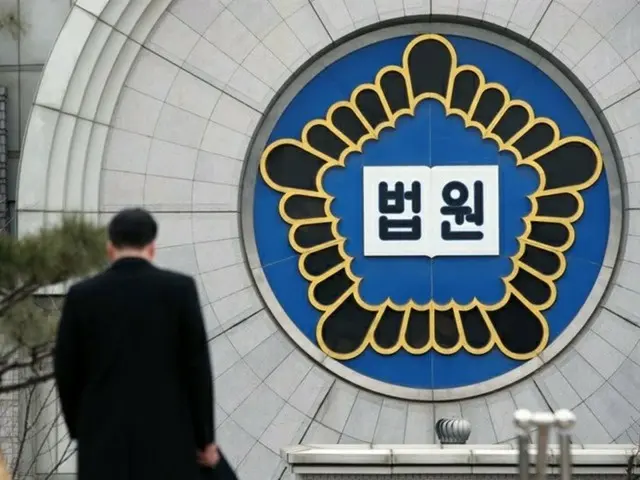His appeal was dismissed and his sentence of 20 years in prison was confirmed. Following the first and second trials, the Supreme Court also recognized that the reason for the reduced sentence was that he was mentally and physically weak due to a delusional disorder.
The incident occurred in January last year in Jungnang-gu, Seoul. The defendant, Mr. A (64), said that since around 2017, his sister, his landlord, etc. have been trying to poison him.
He had a delusion that he was part of the gang, and killed a fellow taxi driver who he thought was part of the gang by repeatedly hitting him with a deadly weapon. Even as the victim was about to die, he denied that ``no one ordered him to do so,'' but Mr. A believed him.
It is said that there was not. Mr. A set the house on fire because he thought the landlord was also trying to poison him. After the crime, Mr. A took a shower and drank coffee at his home.
Stayed for more than 24 hours. Then, in order to take revenge on the landlord, he doused the house with gasoline, set it on fire, and ran away, but fortunately there were no casualties as a result of the fire.
The first trial sentenced Mr. A to 20 years in prison. The 13th Criminal Division of the Seoul Northern District Court, which was in charge of the first trial, handed down this sentence to Mr. A in July last year. at the same time
He was ordered to undergo five years of probation (including psychiatric treatment) after being charged. The trial court said, ``The victim appears to have suffered extreme physical and mental pain,'' and ``the victim's family has expressed his condolences.''
There was no such thing as a crime,'' he said, explaining the reason for the sentence. He continued, ``In order to reveal the fact that Mr. A was provoked (to poison himself), he requested that the transaction history of the victim be investigated.
``I doubt whether he is truly remorseful.'' However, the sentence was reduced, saying, ``At the time of the crime, Mr. A appears to have been in a weak state of mind and body, with a diminished decision-making ability due to a delusional disorder.'' Also, the prosecution
It was determined that the requested order to wear the electronic device (electronic wristband) was unnecessary. The first trial said, ``In order to sentence him to a long prison term, it is not sufficient to find that there is a probability that he will commit a repeat offense in the future.''
The second umpire's decision was the same. The Seoul High Court Criminal Division 1-2, which was in charge of the second trial, dismissed all appeals by the prosecution and Mr. A. The second instance court said, ``If the first instance sentence was too light or too heavy,
He maintained a 20-year prison sentence and a five-year probation order. The Supreme Court also upheld the judgment of the lower court (second instance). The Supreme Court said, ``The sentence of the trial court cannot be said to be grossly unjust.''
The judgment of the lower court was finalized.
2024/02/07 07:06 KST
Copyrights(C) Herald wowkorea.jp 104

